Introduction
Dog diarrhea is quite common and can happen to any dog. Understanding why your dog has diarrhea is key to providing the right care. It’s important to know that diarrhea can sometimes signal a serious health issue. Seeking veterinary assistance is essential if your dog’s condition worsens or persists.
Summary and Overview
Dog diarrhea refers to loose, watery stools that occur more frequently than normal. Symptoms may include increased urgency, straining, and abdominal discomfort. Diarrhea can be classified as acute, lasting less than two weeks, or chronic, persisting longer. Common causes include dietary indiscretion, infections, allergies, and stress. Monitoring your dog’s health is crucial for identifying potential complications. This article covers the causes of dog diarrhea, effective treatments, and signs that warrant a vet visit.
To keep your furry friend healthy, consider adding dog probiotics to their diet. These little wonders can help balance your dog’s gut flora, especially after bouts of diarrhea, ensuring their digestive system stays in tip-top shape!
Understanding Dog Diarrhea
What is Dog Diarrhea?
Dog diarrhea is when your pet passes loose or watery stools. This can occur more frequently than normal, often causing concern for pet owners. Normal stool should be firm, chocolate brown, and log-shaped. Abnormal stool varies in consistency and color, often appearing watery or containing mucus or blood. Monitoring your dog’s stool is crucial for understanding their digestive health.
Types of Dog Diarrhea
Dog diarrhea can be classified into four main types, each with distinct causes:
Osmotic Diarrhea: This type occurs when undigested nutrients draw excess water into the intestines. It often results from high-fat meals or lactose intolerance. Symptoms generally improve with fasting.
Secretory Diarrhea: This happens when the intestines secrete too much fluid, usually due to bacterial infections or viruses. It leads to watery feces, and fasting typically does not alleviate symptoms.
Exudative Diarrhea: This type is due to inflammation of the intestinal lining, resulting in mucus or blood in the stool. Conditions like colitis or inflammatory bowel disease can cause this type of diarrhea.
Rapid Intestinal Transit Diarrhea: In this case, food moves too quickly through the intestines, preventing proper absorption of water. This often leads to loose stools and occurs due to stress or intestinal irritants.
Understanding these types helps identify the underlying issues your dog may face. If diarrhea persists or worsens, a vet visit is essential for proper diagnosis and treatment.

Common Causes of Dog Diarrhea
Dietary Indiscretion
One of the most common reasons dogs experience diarrhea is dietary indiscretion. This occurs when your dog eats something inappropriate. Think about those times your dog snuck a snack from the garbage or munched on spoiled food. These actions can upset their stomach, leading to loose stools. It’s not just garbage, either; table scraps or rich foods can also trigger digestive chaos.
For those moments when your dog decides to be a garbage can, having a Dog Diarrhea Home Remedies Book on hand can be invaluable! It can guide you through those panic-inducing moments when your pup’s tummy is in turmoil.
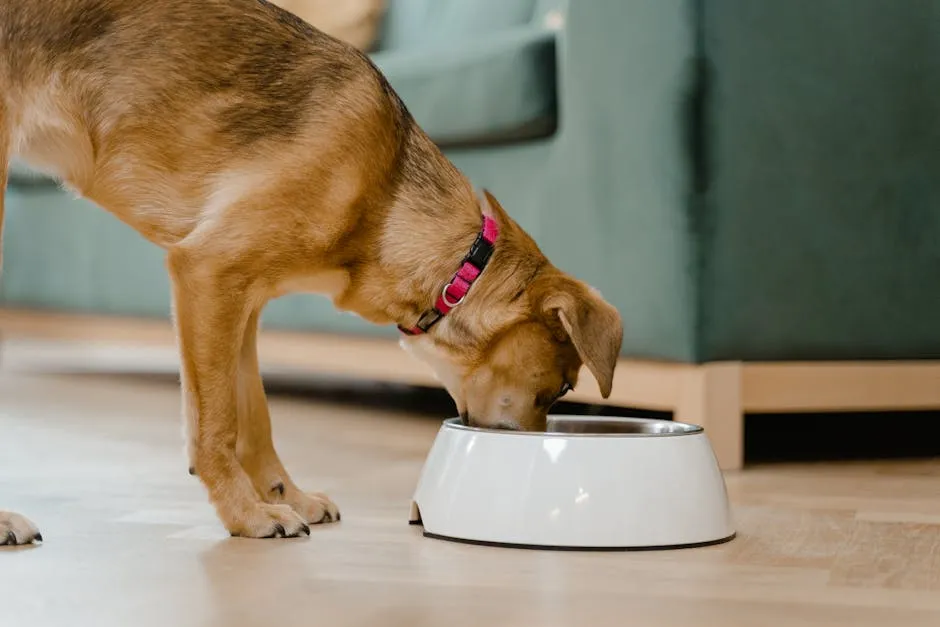
Food Changes and Allergies
Have you recently switched your dog’s food? Sudden changes in diet can upset their stomach, causing diarrhea. Dogs’ digestive systems often need time to adjust to new foods. Additionally, food allergies or intolerances can provoke gastrointestinal upset. Common culprits include wheat, soy, and dairy. If your dog shows signs of diarrhea after a diet change, it might be worth reverting to their previous food.
Infections and Parasites
Various infections and parasites can lead to diarrhea in dogs. Viral infections, like parvovirus, are particularly concerning. They can cause severe gastrointestinal distress. Bacterial infections, such as Salmonella or E. coli, can also be responsible. Don’t forget about parasites! Giardia and roundworms are notorious for causing intestinal issues. A fecal exam at the vet can identify these pesky invaders.

Stress and Environmental Changes
Just like us, dogs can experience gastrointestinal upset due to stress. Changes in their environment, such as moving to a new home or a trip to the vet, can trigger diarrhea. Dogs may also react to changes in their routine, like a new family member or the absence of a beloved companion. Keeping your dog’s environment stable can help minimize stress-related digestive issues.

Symptoms of Serious Conditions
When to Seek Veterinary Care
If your dog has diarrhea, watch for specific symptoms. Blood in the stool is a serious sign. It could indicate bleeding in the gastrointestinal tract. Vomiting, especially if it’s frequent, also warrants immediate attention. Lethargy is another concern. If your dog seems unusually tired or weak, it’s time to call the vet.
Age plays a crucial role in how we respond to diarrhea. Puppies and senior dogs are at higher risk for complications. If a puppy has diarrhea, don’t wait. Their small bodies can dehydrate quickly. Similarly, older dogs with pre-existing conditions need careful monitoring. Their health can decline rapidly if diarrhea persists.

Diagnosis of Dog Diarrhea
Veterinary Examination and Testing
When you visit the vet for your dog’s diarrhea, they will conduct a thorough examination. First, they’ll ask about your dog’s history. This includes diet changes, recent illnesses, or any medications. Following this, a physical exam will check for dehydration or abdominal pain.
Next, your vet may recommend tests. A fecal exam helps identify parasites or infections. Blood work is common to rule out systemic issues like liver disease. X-rays might be necessary if there’s a concern about blockages. By gathering this information, veterinarians can pinpoint the cause of diarrhea effectively.
The goal is to provide the best treatment tailored to your dog’s needs. Understanding the underlying issue is vital for recovery.
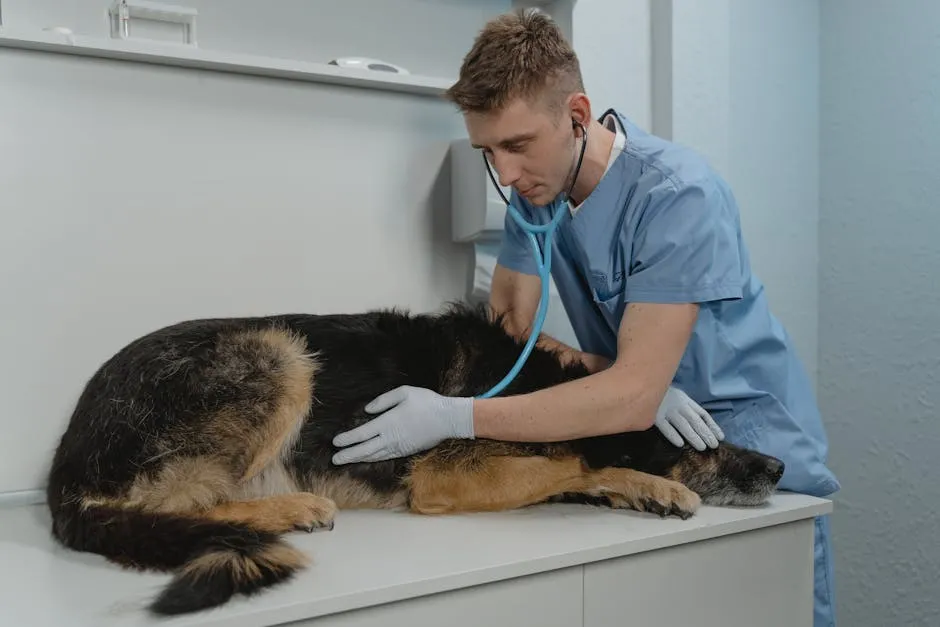
Treatment Options for Dog Diarrhea
Home Remedies
For mild cases of diarrhea, you can start with home care. Fasting your dog for 12 to 24 hours allows their digestive system to rest. After fasting, introduce a bland diet. Options include boiled chicken and plain rice. Canned pumpkin is also a soothing food that can help firm up stools.
Other gentle foods to consider are plain yogurt, peeled boiled potatoes, or cottage cheese. These foods are easy on the stomach and can help soothe irritation. Monitor your dog closely during this time.

Veterinary Interventions
If home remedies don’t work, veterinary intervention may be necessary. Your vet may prescribe medications like antibiotics for bacterial infections. Anti-parasitic medications are common if parasites are found.
In severe cases, fluid therapy may be required. This treatment replaces lost fluids and prevents dehydration. Your vet will determine the best course of action based on your dog’s specific condition. Always follow their advice for the best outcome.
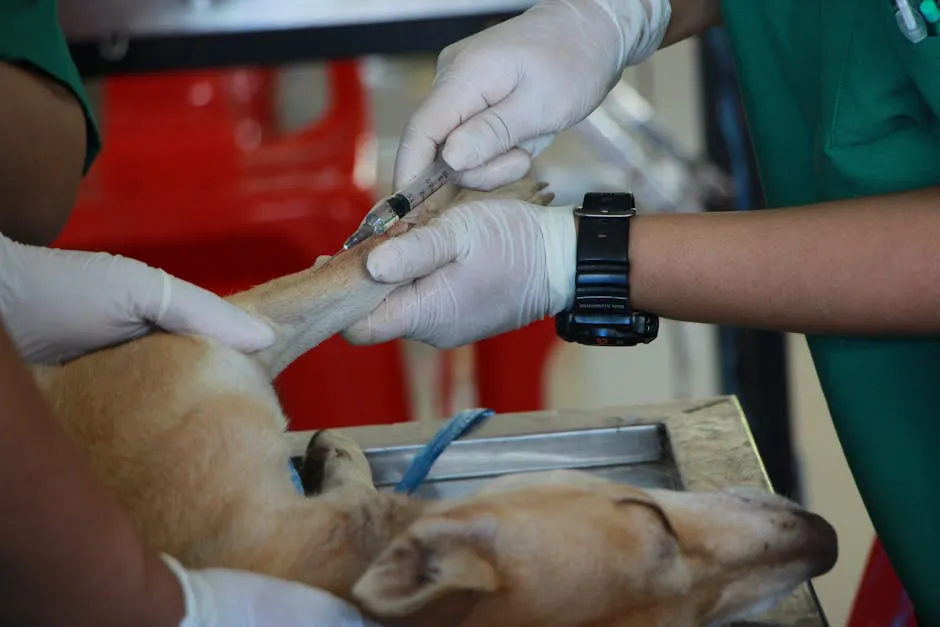
Recovery and Aftercare
Monitoring and Gradual Diet Reintroduction
After your dog experiences diarrhea, monitoring their recovery is crucial. Keep a close eye on their behavior and stool consistency. If your dog appears lethargic or shows signs of distress, it may be time to consult a vet.
When your dog starts feeling better, reintroduce their regular food gradually. Begin with small portions of a bland diet, such as boiled chicken and white rice. After 24 hours, if their stool is firm, slowly mix in their usual food. This gradual approach helps prevent further digestive upset.

Probiotics and Long-term Care
Probiotics play an important role in your dog’s recovery. They help restore the balance of good bacteria in the gut. You can find probiotic supplements specifically designed for dogs at your local pet store or vet.
To prevent future diarrhea, maintain consistency in your dog’s diet. Avoid sudden changes and monitor for any food intolerances. Regular vet check-ups and vaccinations are also essential for keeping your dog healthy, reducing the risk of infections and digestive issues.
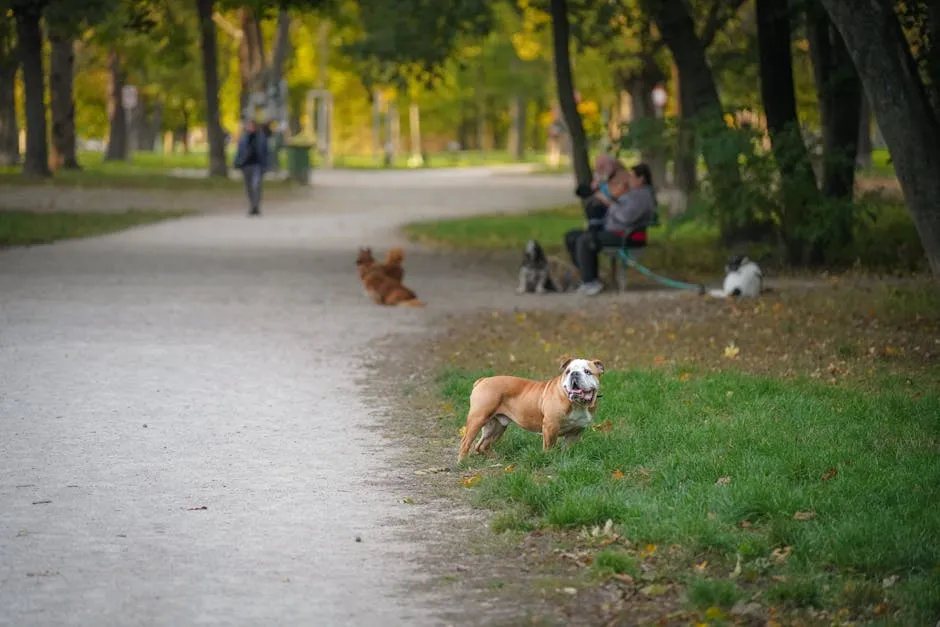
Prevention of Dog Diarrhea
To minimize the risk of diarrhea, keep your dog’s diet consistent. Avoid giving them table scraps and ensure they don’t have access to garbage. Gradually change their diet over several days to avoid upsetting their stomach.
Regular veterinary care is vital. Ensure your dog receives all necessary vaccinations. Additionally, keep up with parasite prevention, as worms and other parasites can lead to gastrointestinal problems. Consider a Dog First Aid Kit for emergencies—because you never know when a little mishap might occur!
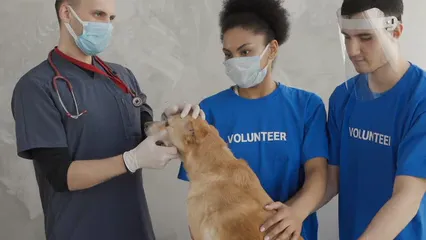
Conclusion
In summary, dog diarrhea is a common issue that can often be managed at home. Monitor your dog’s health closely and reintroduce food gradually. Probiotics can support recovery and help prevent future episodes. Always consult your vet if diarrhea persists or other concerning symptoms arise. Being vigilant about your dog’s health ensures they stay happy and healthy.
FAQs
What should I do if my dog has diarrhea but seems healthy?
If your dog has diarrhea but seems fine, monitor their condition. Withhold food for 12-24 hours, but ensure they have access to fresh water. If diarrhea persists, contact your vet.
When is diarrhea considered an emergency in dogs?
Diarrhea becomes an emergency if it’s accompanied by blood in the stool, persistent vomiting, or signs of dehydration, such as dry gums or lethargy.
Can I treat my dog’s diarrhea at home?
Yes, for mild cases, you can treat your dog’s diarrhea at home. Fasting for 12-24 hours followed by a bland diet can help. If symptoms persist, consult your veterinarian.
What foods can help firm up my dog’s stool?
Foods like plain boiled chicken, white rice, and canned pumpkin can help firm up stools. These options are gentle on the stomach and aid recovery.
How long does it take for dog diarrhea to resolve?
Mild cases of dog diarrhea usually resolve within 1-3 days. If it lasts longer, or if your dog shows other concerning symptoms, seek veterinary advice.
Please let us know what you think about our content by leaving a comment down below!
Thank you for reading till here 🙂
Understanding the causes of dog diarrhea is essential for pet owners. For a detailed exploration of dog diarrhea, including causes and treatments, visit Understanding Dog Diarrhea.
All images from Pexels





